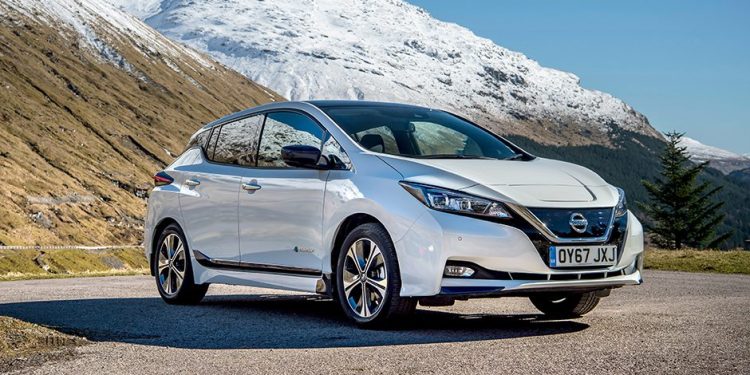EV owners drive further than petrol car owners, study finds
Words: Matthew Hansen
There are many myths out there when it comes to electric cars. Lots of elements that — to borrow a Trumpism — have interesting arguments on both sides, too.
One of the genre’s core debates concerns range, and whether today’s electric cars and their ability to travel between 300km and 500km to a charge are enough to replace the convenience of petrol and diesel stations being so prolific.
The debate often hooks into a brief that people who drive electric cars live in urban areas and don’t need to drive big distances. But, a curious new study from Europe has aimed to bust this ‘myth’.
Conducted by Nissan (makers of the electric Leaf), the study found that electric car owners in Europe actually drive further each year than traditional internal combustion engine car owners — a factoid that Nissan says serves as evidence that ‘range anxiety’ is a thing of the past.
“This research reiterates that electric driving is not only a smart option beneficial to the environment but also a fun, exciting, and convenient choice for the owners,” says Arnaud Charpentier, VP of product strategy for Nissan Europe.
“It is no surprise that people now drive EV further than ICE cars. We are confident that with more EVs on the road dispelling myths, range anxiety will soon be in the past.”
Admittedly, the numbers were fairly tight. According to Nissan’s study, ICE vehicles in the continent travel an average of 13,600km per year. EV owners, on the other hand, travel 14,300km per year — a difference of 700km.
The study also posed a range of questions to EV owners about user satisfaction. Sixty-nine per cent (nice) of EV-owning respondents said they were happy with the current infrastructure in their part of Europe, with 70 per cent saying the EV ownership experience was better than they’d expected.
Of the ICE-vehicle respondents, 70 per cent said they would consider buying an EV one day. Out of the 30 per cent who said the opposite, 58 per cent said their main concern was range anxiety.





